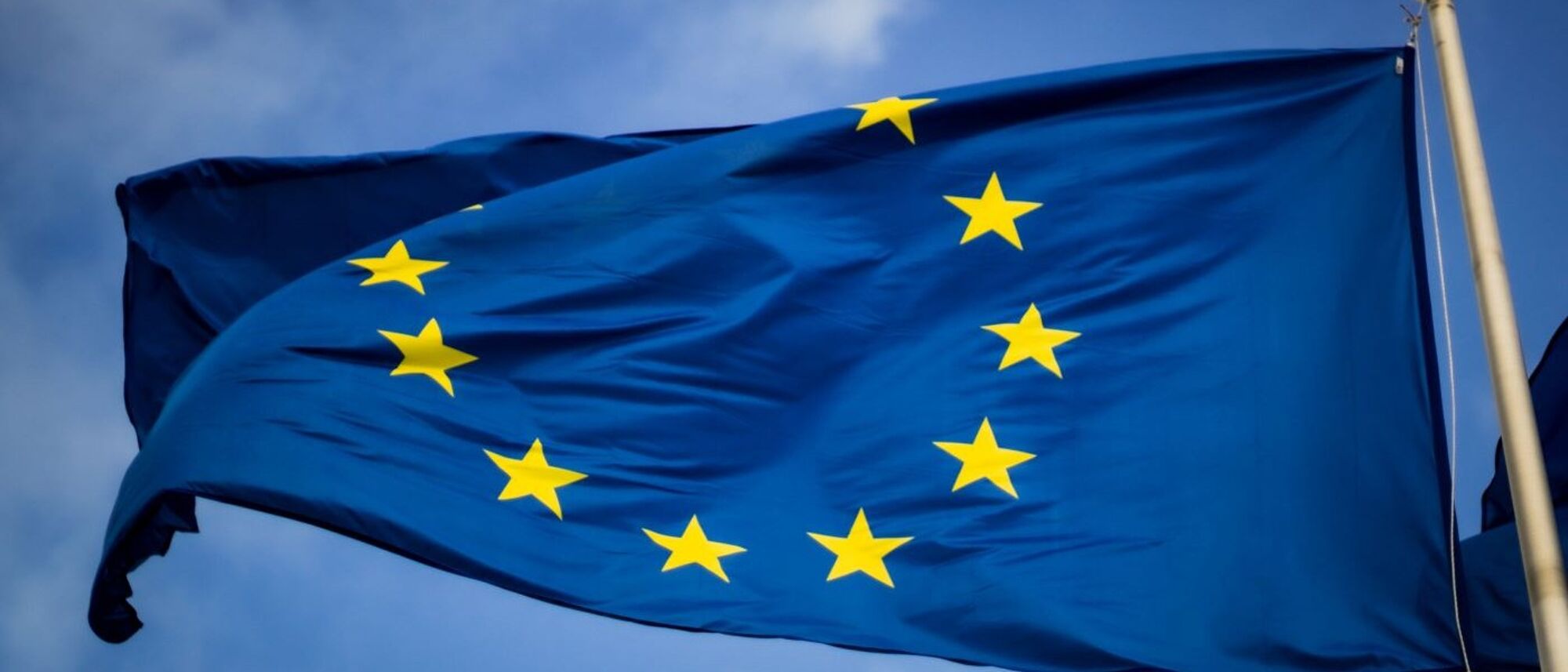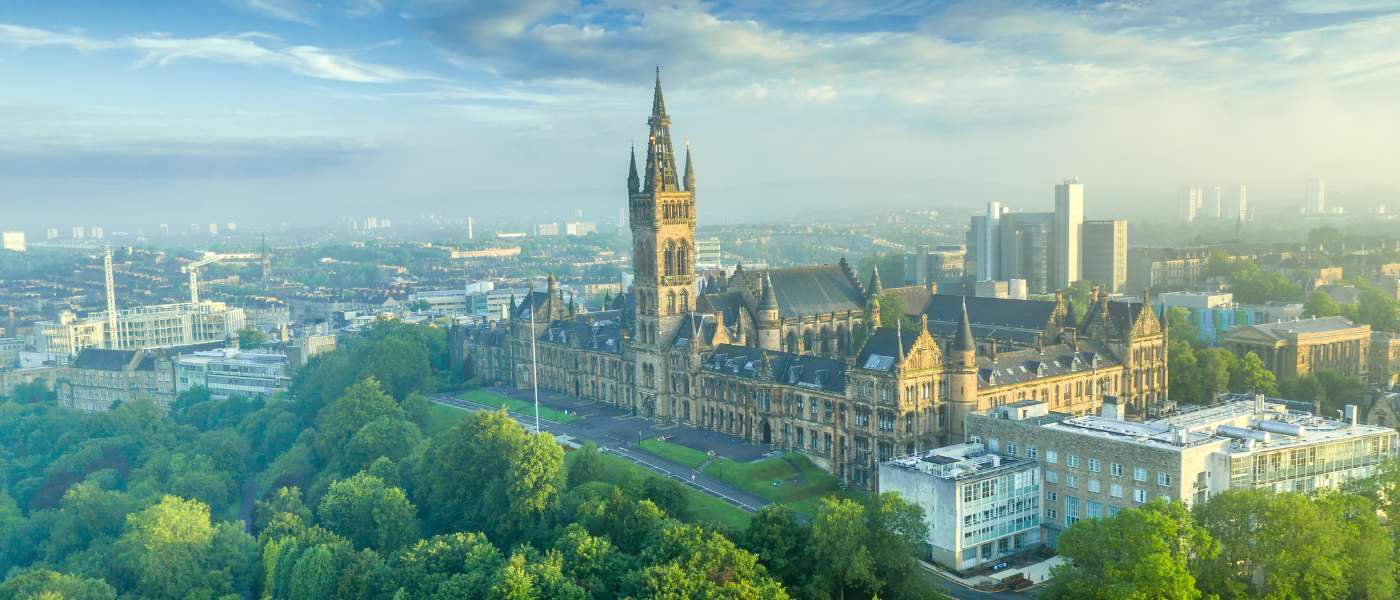
Nurturing critical minds in politics & IR
Tom Howe interacted with the best minds in the field when he moved from England to Scotland to pursue an International Relations MSc at the University of Glasgow.
During his studies, Howe worked as a research assistant at the University. He contributed to a project that investigated transparency and foreign aid effectiveness alongside two academics and a group of 11 students, including peers from a partner university. They collected data from various international aid donors and donor agencies through characteristic coding and questionnaires. From there, they developed an open-source dataset.
Through a series of four project workshops, Howe and other postgraduate students had the opportunity to learn about the research process from the project leads. The project helped students become more familiar with research methods and enhance their transferrable skills.
Their next step? Presenting their findings to a global platform. They did just that at the recent International Studies Association (ISA) conference – where they received an enthusiastic response from the audience. And the data set produced will be used to complement ongoing efforts on mapping donor governance in the social-scientific literature and policy circles.

As a university committed to the Sustainable Development Goals (SDGs), the University of Glasgow has been ranked 12th in the world for its positive impact on society, according to the Times Higher Education Impact Rankings 2024.
To solve the most challenging problems our world currently faces, we need people who can look at things critically and develop a global viewpoint. At the University of Glasgow, students from all over the world contribute their own ideas and opinions – which cultivates exposure to different cultures and different ways to address global issues. It’s a confluence that primes students to the subtle and challenging demands of politics and international relations.
Such global connections are part of an education here. The Global Glasgow: International Strategy 2025 is a vision that takes its international community to world-changing heights through four pillars: global relationships, research, recruitment and reputation.
“I would say my main takeaway from the Foreign Policy Analysis course was that there are many perspectives one can take when analysing
a problem, and often the most effective analysis will employ insight from multiple perspectives,” says graduate Howe.
The University of Glasgow offers several programmes in this dynamic field: International Relations MSc, Russian, East European & Eurasian Studies MSc, , Political Communication MSc, and more.
Each programme takes an interdisciplinary and hands-on approach. Take the International Relations MSc, for example. Picture learning about research design to analyse political data under experts in fields like international relations theory, normative international theory, international security and many more. You will approach subjects from various disciplines through courses across the School of Social & Political Sciences, School of Law, and other subjects.

“I was able to delve deeply into the evolution of strategic thinking and the history of security and statecraft in Europe and the West”, says Koutroulis.
To apply your theoretical knowledge, a three-day study trip to Brussels will see you gain first-hand experience in the practice of international relations. Previous visits included the European Commission, the European Parliament, NATO, Scotland House, and the World Bank. Graduate Ilias Koutroulis from Greece is now working in a research position in a security and geopolitical intelligence firm in London – an achievement he credits to his University of Glasgow degree.
“It’s a very dynamic and interesting field that allows me to engage with major security challenges and geopolitical developments on a day-to-day basis,” he says.
Today, he often uses what he learned in his degree. “I was able to delve deeply
into the evolution of strategic thinking and the history of security and statecraft in Europe and the West,” says Koutroulis. “All this background knowledge is now very useful to me when I engage with modern developments in these regions. And understanding strategy as a concept is essential when trying to find the ‘big picture’ in my work, as well in long-term conceptual thinking in geopolitics.”
International Relations MSc graduates like Koutroulis gain key knowledge and analytical tools relevant to a career in a variety of settings related to international relations. This includes international and domestic non-governmental organisations, international and regional organisations such as the United Nations or the European Union, government agencies, media, or think tanks.

Graduates from other MSc programmes are equally successful. Those in the Global Security MSc have gone on to work for the UK Foreign, Commonwealth and Development Office, the UK Ministry of Defence, the United Nations, NATO, BBC, Ofgem, the Indonesian government and many more. It signifies that you can make tangible change in your community and country.
At every step of the way, students have the support of a dedicated College Employability Programme. The College Employability Office provides workshops and courses on skills development, help with developing collaborative dissertation projects, and one-to-one sessions to develop and communicate your employability.
“I completed the Graduate Skills Programme shortly after my graduation.
It was a very helpful course that allowed me to better communicate my newly acquired skills and to reflect on my professional identity and my career goals. This was useful when I was writing my CV and cover letters, as well as later, in job interviews.” says graduate Koutroulis.
How else does the University of Glasgow stand out? The University of Glasgow ranks among the top 100 universities in the QS World University Rankings 2025. The University is also ranked ninth in the world for its efforts in progressing towards the 11th UN SDG, Sustainable Cities and Communities, in THE Impact Rankings 2024.
That’s not all. You’ll be part of a diverse student community and faculty from over 140 countries. What better way to address global issues than by discussing them in a multicultural setting?





